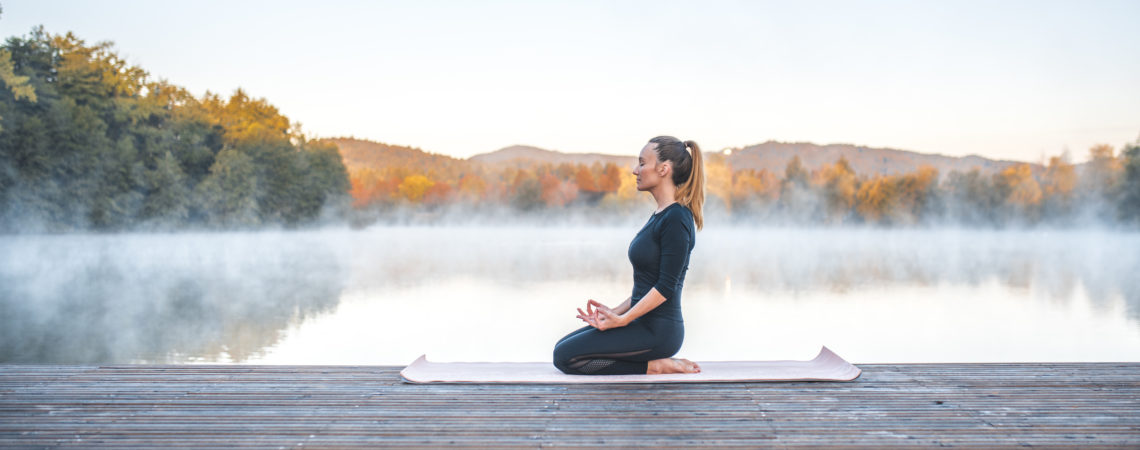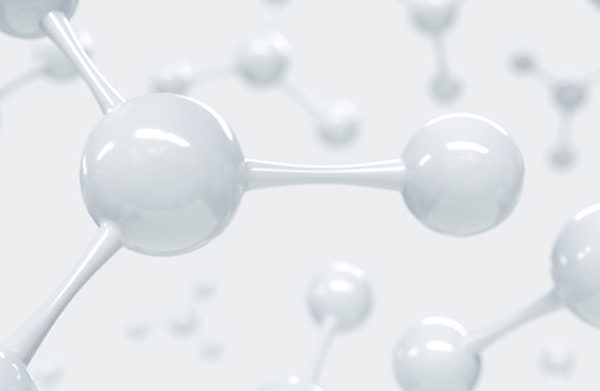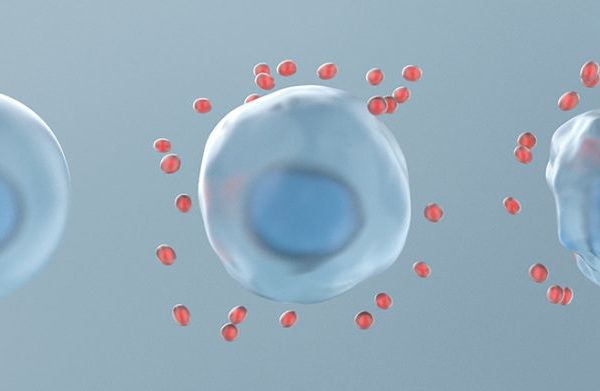
SHA Magazine Health & Beauty
How to combat mental fatigue at work and improve your performance
Sometimes fatigue is like a cloud that accompanies us everywhere. We can’t locate it in a specific place. We are simply exhausted. That feeling of extreme fatigue is often not just physical. We feel that we lack energy, we cannot think properly, we have lost sharpness, words escape us, we feel clumsy and a bit slow. We forget names, details that we know perfectly well.
This state is called mental fatigue. An extreme fatigue that usually comes after a season of high stress and workload, a period of high demand and self-demands that never end and that puts the nervous system under the minimum.
Mental fatigue has many faces. It can appear as irritability and moodiness, or as anxiety and depression, with headaches or insomnia, with a lack of appetite or, on the contrary, a craving for food. When our brain is tired, it finds it hard to concentrate and pay attention, it does not finish anything and is busy with several things at the same time.
When these symptoms last for several weeks or months, fatigue becomes chronic and can turn into chronic fatigue syndrome, which is usually triggered after a period of prolonged cognitive activity with very high mental stress load. For example, having to make difficult decisions, too many commitments and responsibilities, or projects that drag on too long. The signals your body and brain send when they want to stop should not be ignored because they are often serious. If you feel you are too tired to go on, stop and try one of these things.
Meditate
Meditation is a spa for the brain. A few minutes a day can be enough to relieve emotional exhaustion and boost cognitive function. Several studies have shown that a few minutes of meditation can alleviate fatigue, depression and cognitive decline. For an exhausted brain, doing seemingly nothing is a great gift.
Review your schedule and set clear boundaries between work time and rest and leisure time. Don’t mix it up.
Making small changes in work-life balance, or sleep habits, can help improve mental health and allow the brain to rest. Set strict rest schedules and learn how to say no. We must also be very serious about switching off digital devices and, if possible, leave them out of the bedroom – do not consult them two hours before bedtime.
Get back to healthy habits
Getting enough sleep, drinking water, eating a nutritious and balanced diet all play an important impact on mental health. A recent study has shown that high amounts of sugar in the diet can have negative effects on cognitive function and increase addictive behaviours and mood swings. Even if you are very tired, try to maintain healthy habits you have managed to establish in your life.
If you are tired, get moving
A 30-minute walk, bike ride, or jog will put your brain in a different frame of mind. Several studies have proven this. No matter how tired you are, physical activity will always improve stress, mood and reduce emotional exhaustion. It’s like a mind reset. Take a few minutes during your lunch break for a brisk walk, go up and down the stairs, use the bikes or treadmills in the office gym. Moving is the word of command when the brain is exhausted.
An ice-water bath cures almost everything.
At SHA Wellness we have been helping our guests overcome mental fatigue for over 15 years. Our three-pack protocol, “Transformative Breathing”, combines the proven benefits of ice bathing with the therapeutic power of breathing for a physically and mentally transformative experience. The final phase is the ice bath. It has been proven that the ice bath acts as a mirror for situations that block and paralyse us. Accompanied by a specialist who will help to maintain proper breathing, the guest will remain in the bath at 3.5 degrees Celsius for 2 – 3 minutes. The secret that allows us to overcome the initial moment is respiration – one of the most powerful wellbeing tools that exists. “When we get into the ice bath, there is a generalised vasoconstriction and we start to breathe short and fast, which increases stress even more. But if we manage to regulate our breathing and make it slower and deeper, after a few seconds we stop fighting against the ice and begin to enter a state of absolute peace and tranquility”, explains Cynthia Molina, Clinical Psychologist at SHA Wellness Clinic.





